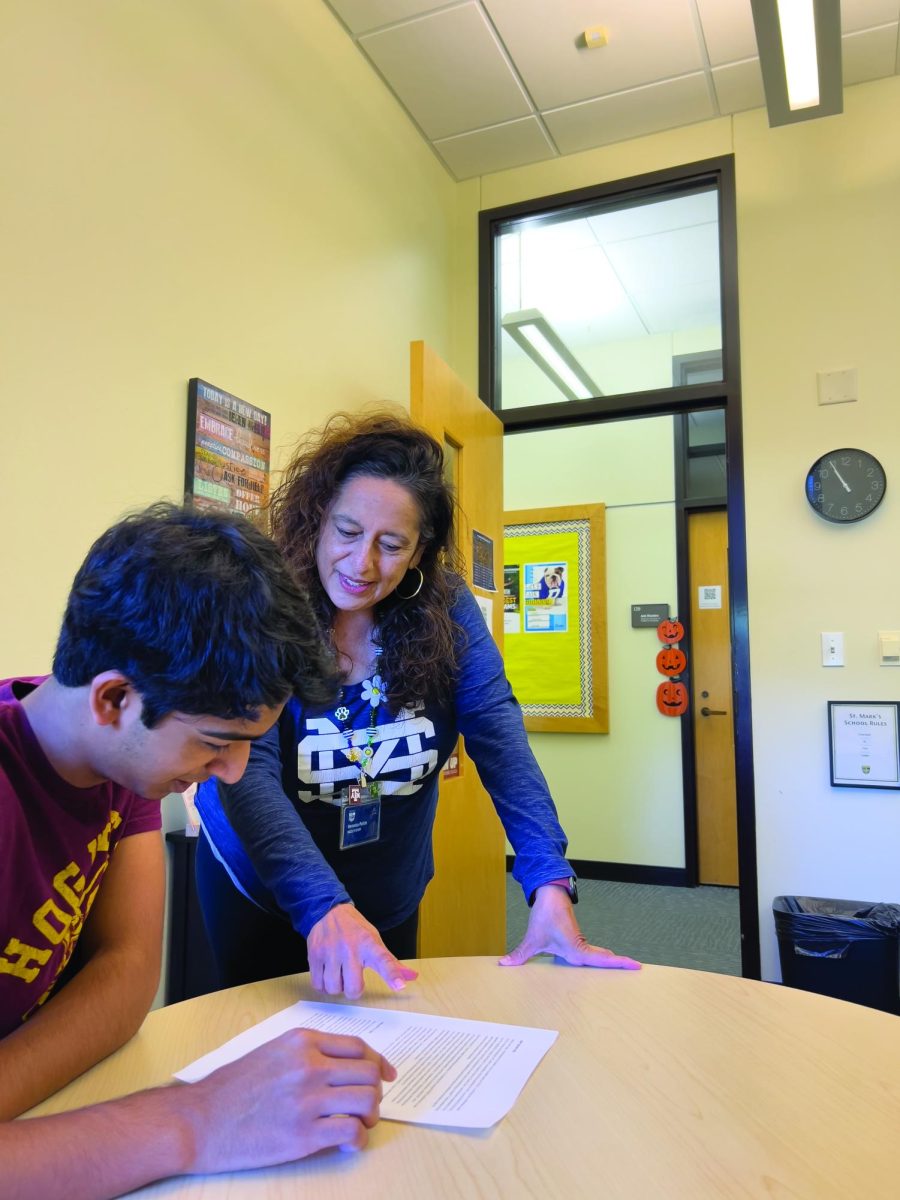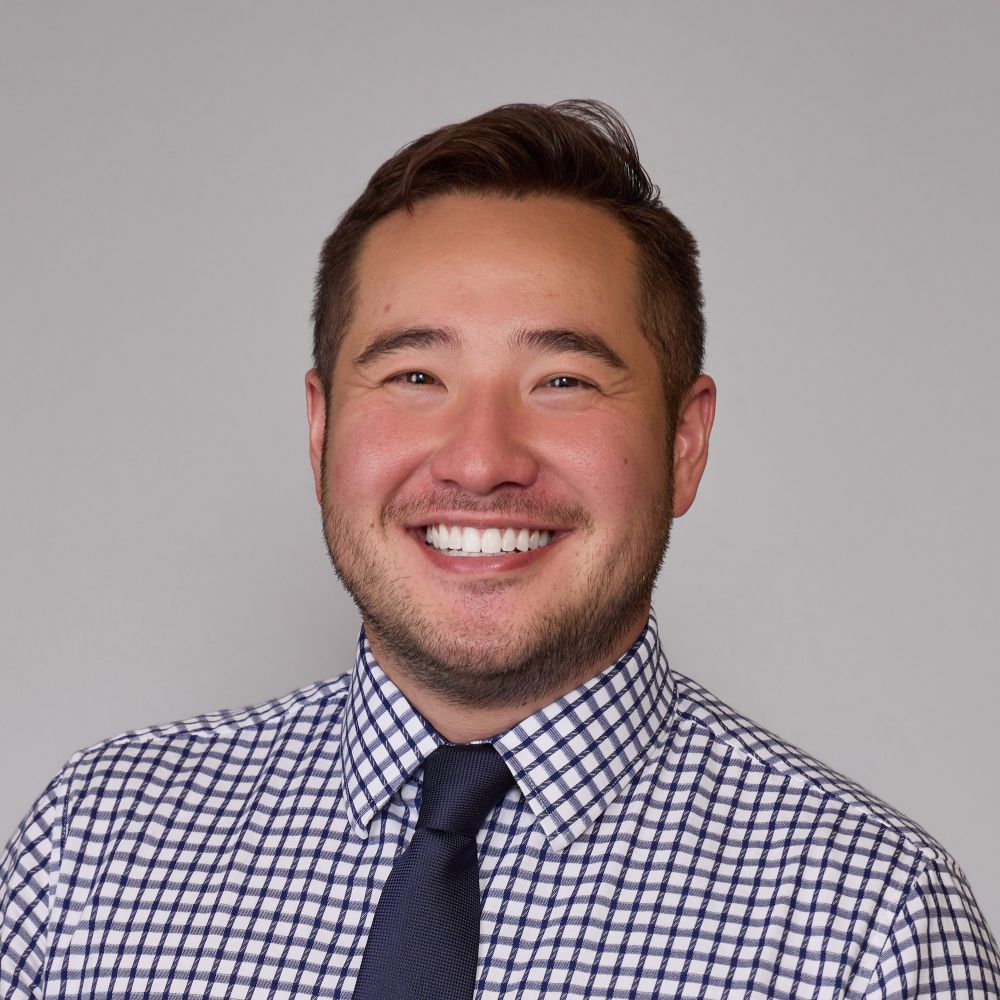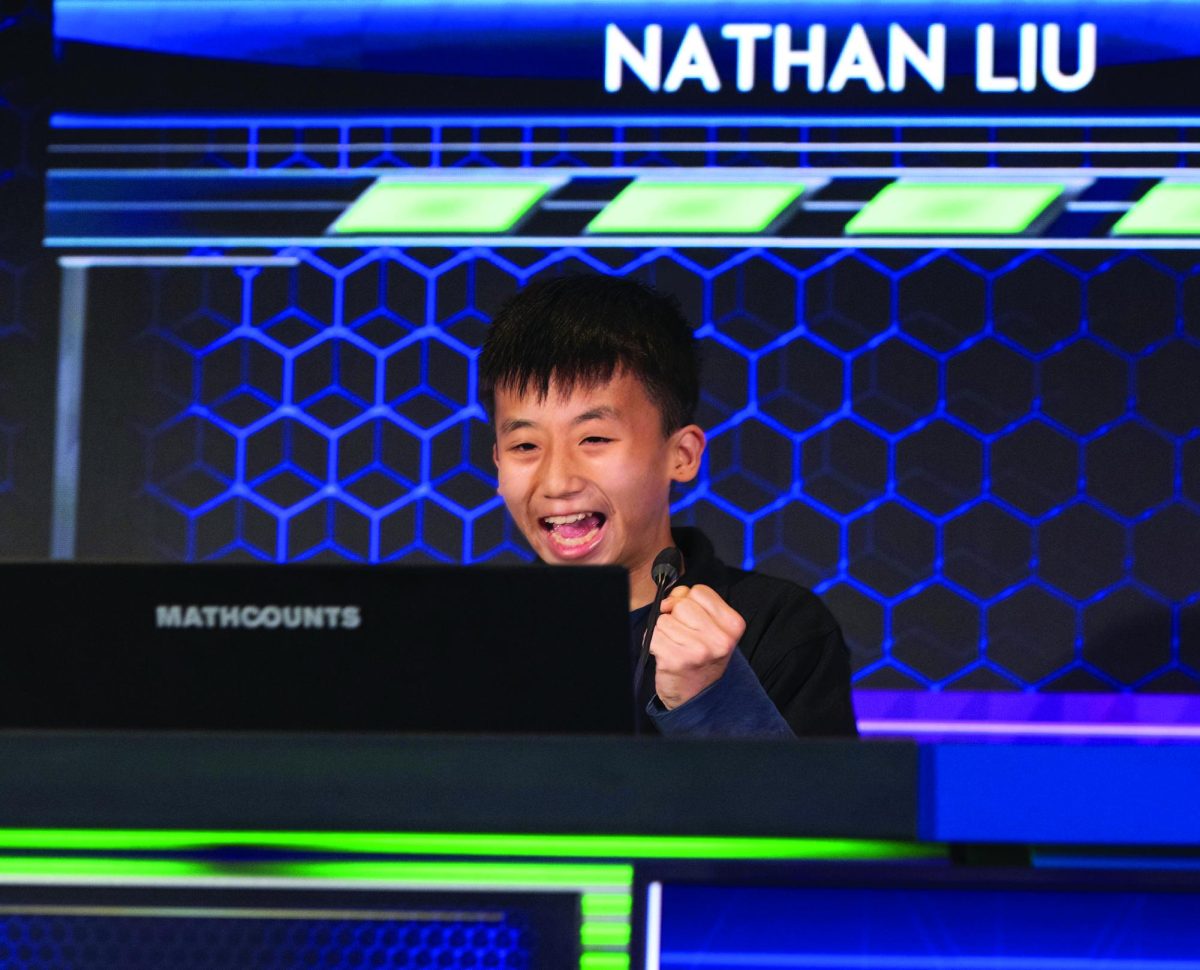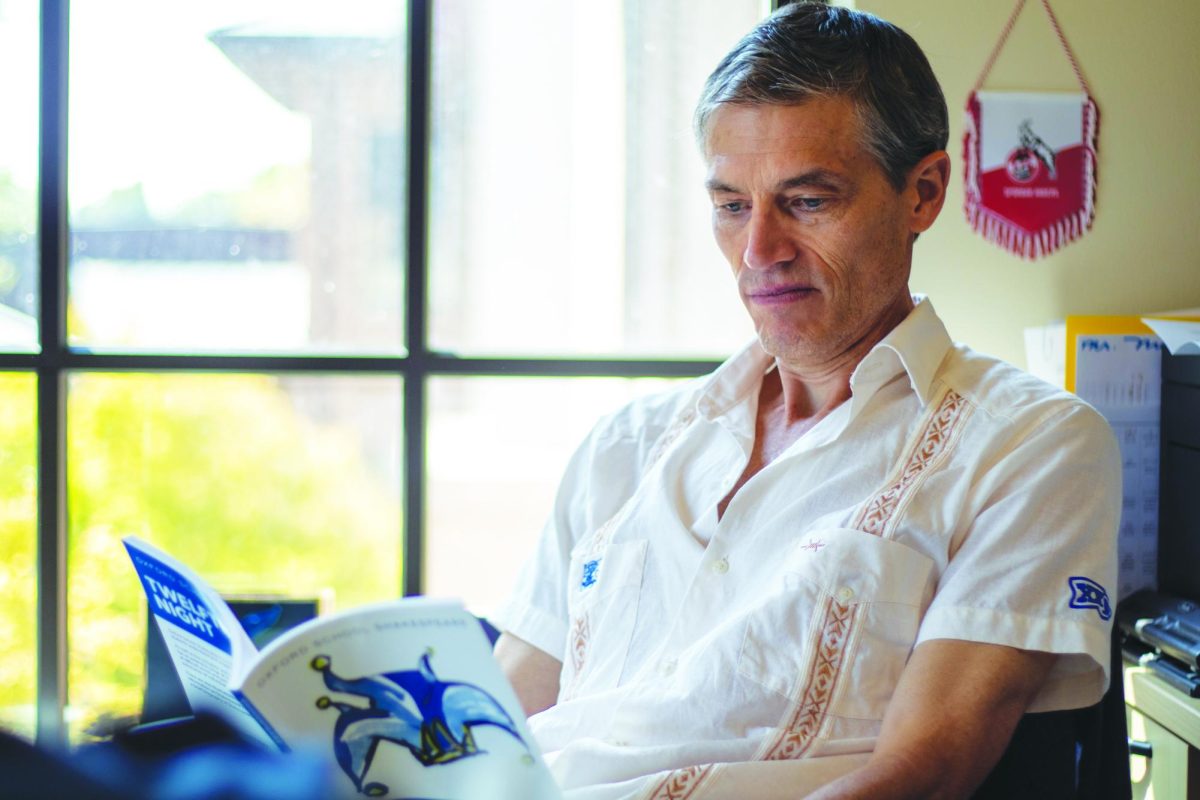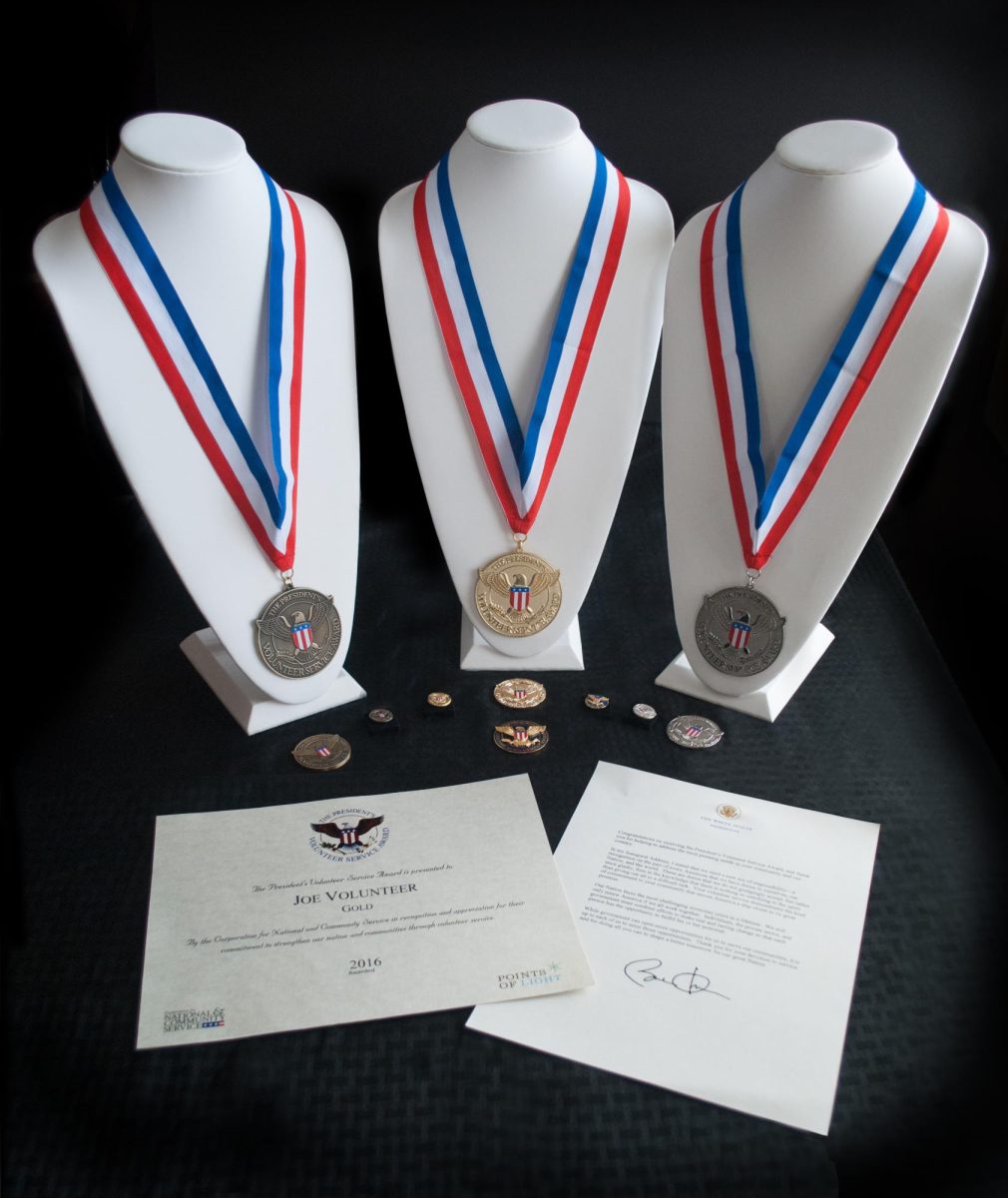Kayden Zhong: Do you know what you want to do in college?
Noah Roby: Nope. I’m completely unsure on everything.
Benjamin Chen: I know what I want to do, but I don’t know what I’m going to do with it. I want to work in electrical engineering—Double E—and it’s so broad that I know there’s going to be at least one thing I want to do.
KZ: What was the college application process like for both of you?
NR: It was complicated. You can figure out if certain colleges are good at certain things. So if I know that, for example, school X has a really good business school, but a poor English program, then I know that if I get into school X I’ll do business. Some colleges also have the option to double major or do a major and a minor, and scholarship money can be a big determiner on where I actually end up going.
BC: It’s been really busy, especially with the senior course load, and I’m surprised there are still so many confusing parts to learn. Personally I think the application should be pretty well developed and many parts should be more clear or better explained based on how many times I’ve seen other people search up my exact questions in the past.
KZ: Do you think there’s any sort of parental stress when it comes to the application process?
NR: My parents have been very supportive of me throughout the whole process. They trust me to do my own thing, so they don’t micromanage me, but I’ll update them about how I’m doing. I’ll show them my scholarship money, and I’ll tell them my plans. If I have any questions, I’ll talk to them. My parents are definitely some of my best friends, and they’ve taught me a lot.
BC: There’s always going to be parental pressure, it just depends on the culture and each parent on a case by case basis. I would say the vast majority of people want to try to get into a good college for not only themselves but for their parents, since they have done a lot for the kid.
KZ: Have your parents influenced your decision-making in any way?
NR: Definitely. I would say the most important thing is that they’ve encouraged me to pick a job that is most importantly going to help or impact people as well as something that I’m passionate about. When I talked to my dad, there were two things about his college experience that I especially took away. One is that college was when he really grew in his faith: he found a Christian community and started growing his relationship with God, and he said he wouldn’t trade that for anything. The second thing was that my dad sometimes wishes that he would have gotten a business degree, just because it’s so versatile, which has impacted some of my decision-making.
BC: Definitely, coming from the stereotypical Asian culture, there has been a sizable amount of pressure to do well academically, and while I wouldn’t say I have been completely influenced and become a so-called “weird nerd,” I don’t think I would be the same without their influence, not necessarily in a good or bad way.
KZ: What advice would you give to younger students who are unsure of what they want to pursue?
NR: For people who are uncertain, like me, the best advice I could give you is to do research on a bunch of different colleges. When you know what colleges you want to apply to, you should figure out what that college is good at. That way, for me, if I get accepted to some college that predetermines what I’m going to do. That kind of eliminates the stress of being uncertain. My other encouragement is that, in the end, it’ll all work out.
BC: You just have to explore on your own. For a lot of people, they don’t know what they want to do because they haven’t really experienced a lot, or they’ve only done a couple things outside of school. You have to look deeply into your future.


